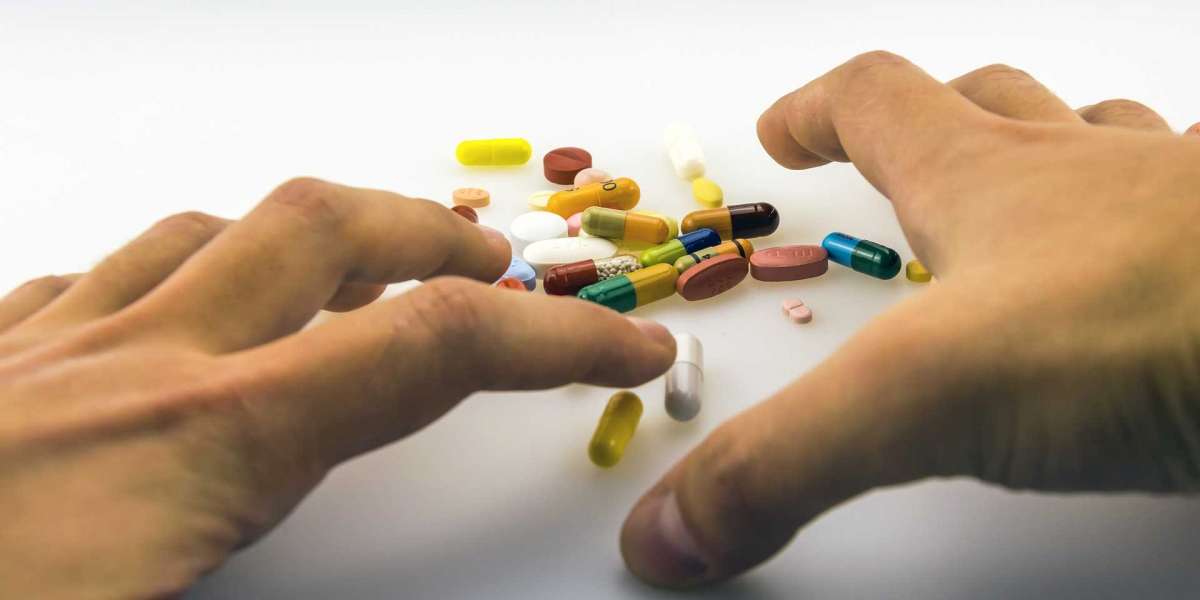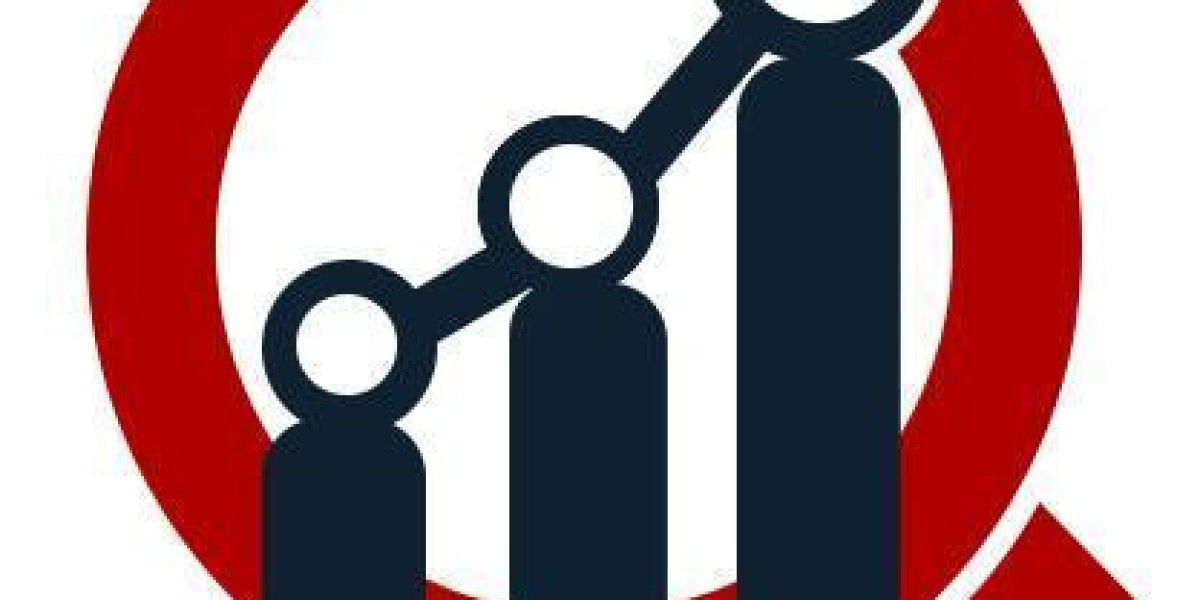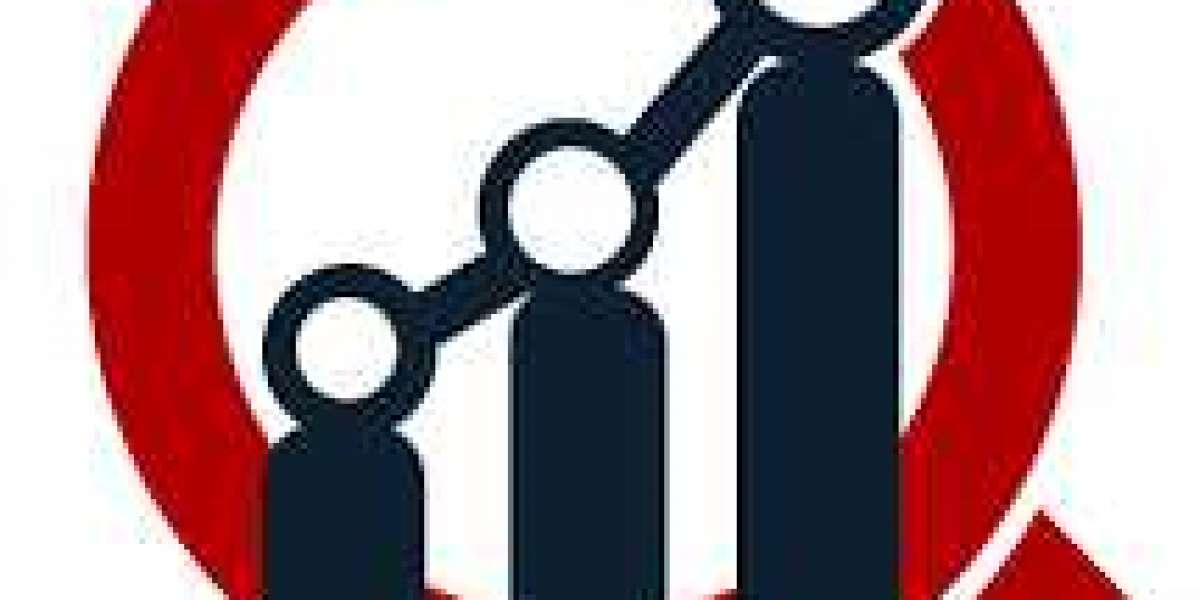Drug addiction is a serious problem that can affect the health of your body and mind. The long-term effects can be devastating, but with help, you can overcome your addiction and live a happier, healthier life.
Addiction can occur for a variety of reasons, including family history or mental health issues. Understanding the symptoms and signs of addiction can help you recognize when it's time to get help.
The Significance of Addiction
Addiction is a serious, chronic disease that affects your brain and body. It can also impact your relationships with others.
Drug addiction causes changes in the brain that affect your ability to control your impulses. Your brain’s reward circuit gets hijacked by drugs, making it hard to feel pleasure without them.
The parts of your brain that help you form habits and routines are also affected by drug use. They include the basal ganglia and extended amygdala.
These areas are critical for your ability to make choices and control your emotions. They are still developing during adolescence, which makes teens at higher risk for drug misuse.
Repeated use of drugs, including alcohol and opioids, can change your brain’s reward circuit to make it harder to enjoy a wide range of activities. It can also make you crave the drug even when it’s not available.
The Decision to Change
The decision to make a complete 180 degree turn and start fresh with a new direction is one of life's bigger decisions. Fortunately, there are programs available to help you get your groove back on. The best part is that you'll be rewarded with a more fulfilling life and a happier family. The key is to take advantage of these programs and reframe your thinking about drugs, your past and your future.
It's also a good idea to keep an open mind when your friends or family members offer you their support. As with any major lifestyle change, it's important to have a plan of attack.
Relapse Prevention
Relapse prevention involves learning about and avoiding situations or people that can trigger a person to use drugs again. Having a plan to stay away from these places and people, and a backup plan in case things go wrong, is essential to avoid relapse.
The most common situations seen directly before relapse are social pressure, self-conflict, and a decreased emotional state. These situations can be avoided by effective coping responses and behaviors.
Practicing self-care, such as getting enough sleep, eating nutritious food, and exercising, can also help. This can reduce relapse risk and improve overall mental health. It can also make a person feel more confident and happy, which helps them maintain recovery.
Family Support
Family support is a vital part of recovery from drug addiction. Having a loved one who has an addiction can be extremely difficult on all members of the family.
Despite this, it is essential for the person with an addiction to receive help. Whether it is through family counseling or a group therapy program, family members should offer support to their loved one.
Convincing a family member that they have a problem is a crucial step on the road to recovery. However, it can be a challenge to start the conversation with your loved one.
If you are unsure about how to proceed, ask for advice from the treatment staff or other professionals. They should be able to give you information on how to talk about the situation with your loved one and what steps to take next.
In some cases, family members may need to change their role and take on new responsibilities in the home. These can include helping with cleaning and cooking, or taking on extra childcare duties.


